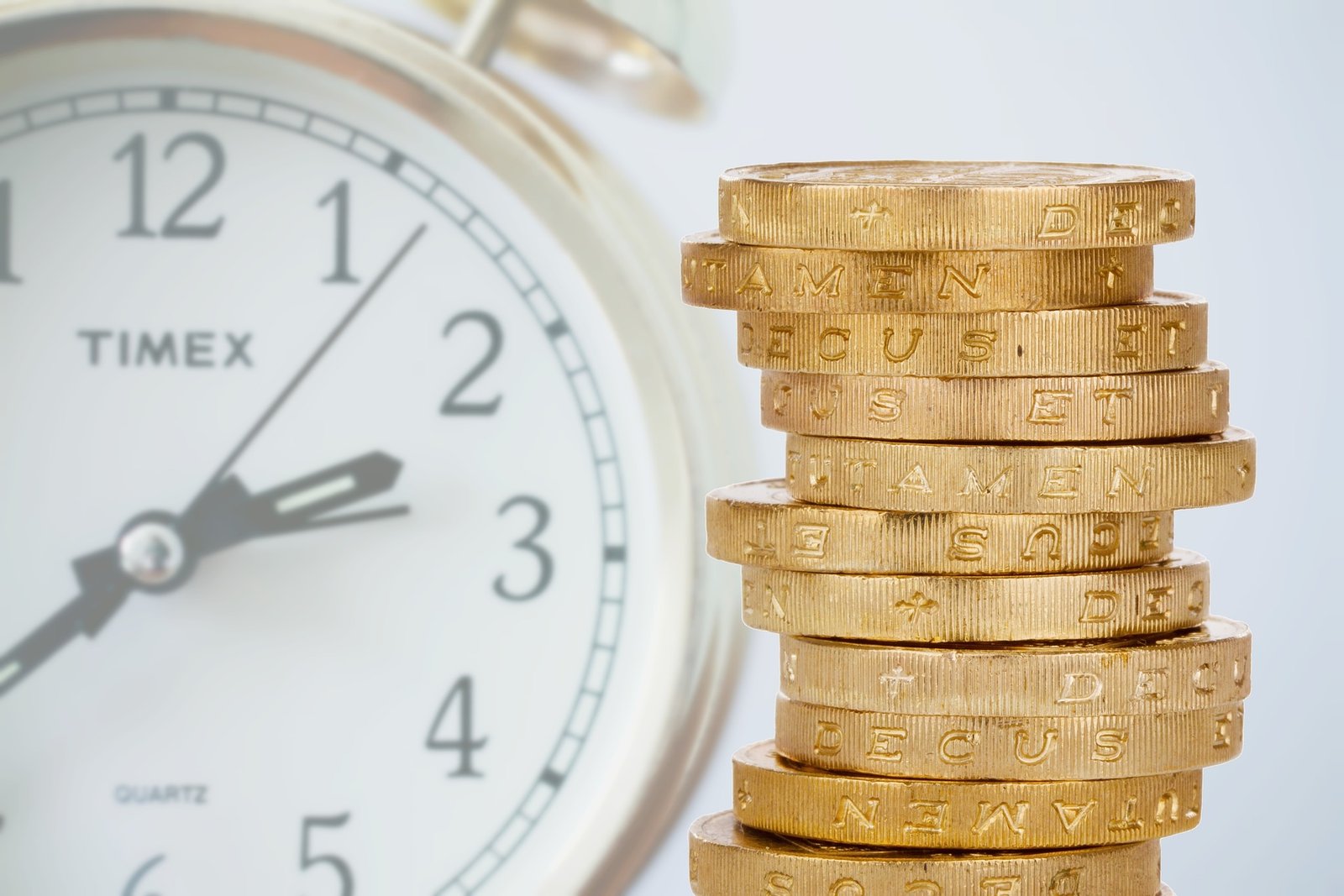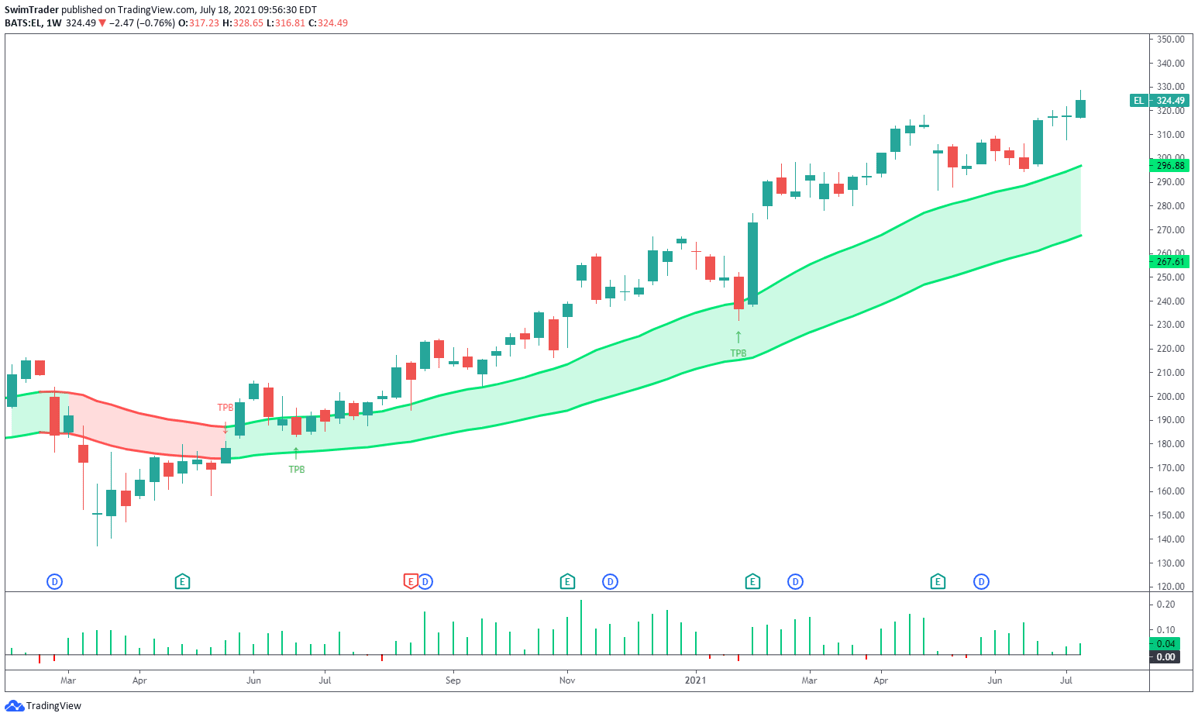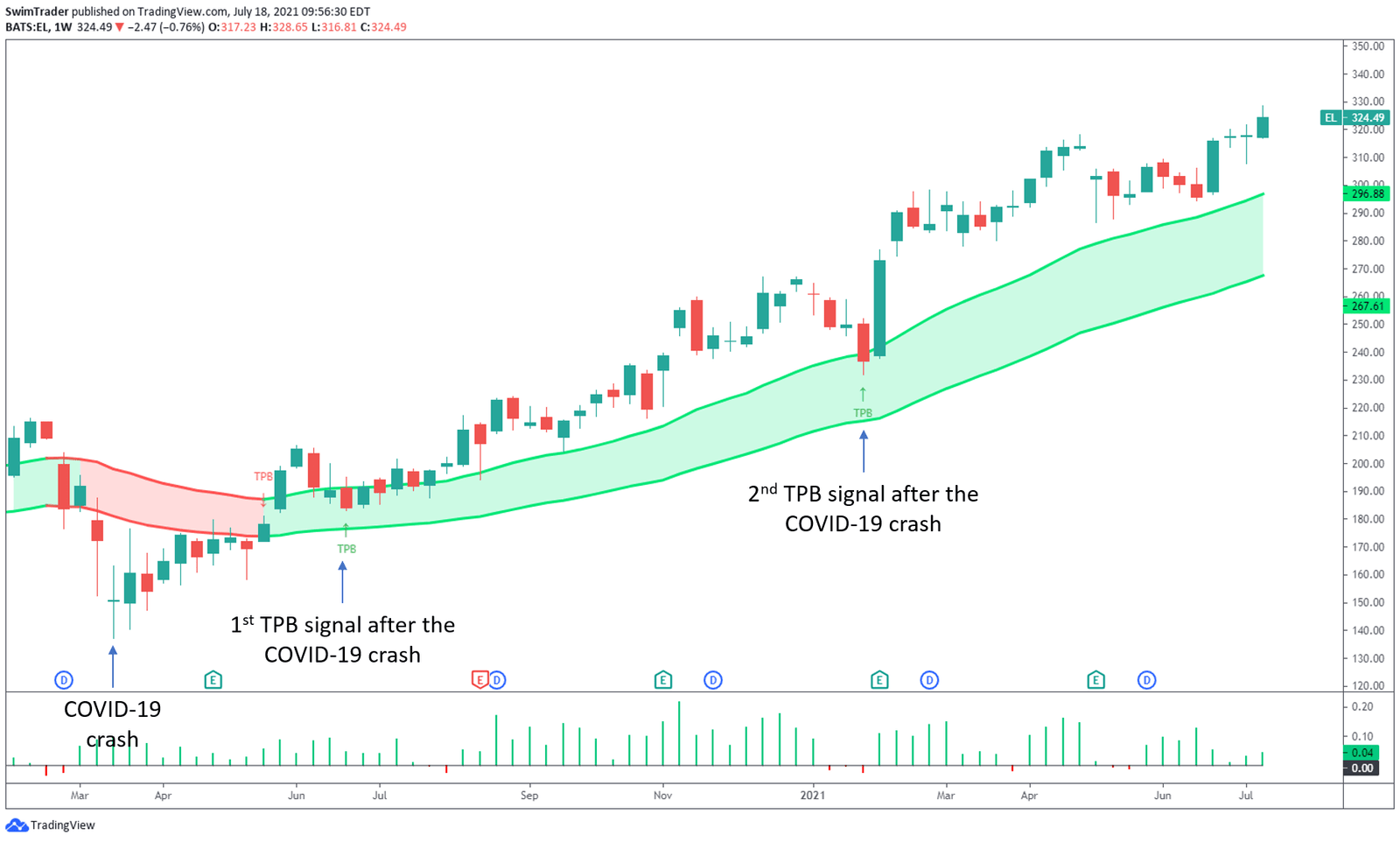Have you taken a driving test?
Do you remember what you had to go through before getting your driving license?
To pass my driving test, I had to park nicely, drive through a narrow road, all without striking the curb and within a time limit. I had to memorize the traffic laws in Singapore too.
I passed my driving test only on my 2nd attempt and was jubilant! Late night suppers and freedom, here I come!

Investing in the stock market is similar, there’s a short list of criteria that a stock must pass before you invest your hard-earned money. The end result is sweet as you start to taste financial freedom.
Let’s dig in to the 6 criteria!
#1 Defensive Stock
Hmm, shouldn’t I be investing in technology stocks for outsized gains?
While you should invest in technology stocks as the return on your investment can be huge, stocks in the defensive sector are much more shielded in an economy crisis. You’ll be able to sleep better at night too.
Which sectors in the stock market are known to be defensive? Consumer staples, utilities, and real estate investment trusts (REITs).

Because the products and services these sectors provide are necessities, their business won’t be drastically affected by a slowdown in the economy. This also results in a generous and consistent dividend yield for you to enjoy as passive income.
Are you keen to find out the tips to growing your wealth through passive income? Learn about this and the SECURE framework in this article.
#2 Stable Profit Margin

Not all listed companies in the defensive sectors have a stable profit margin. Profitability differs from one company to the next due to a myriad of factors such as branding, productivity, costs, and more.
Since companies in the defensive sectors are pretty stable, their profitability shouldn’t change much more the years, unless there’s a huge shift in their favor (eg large scale adoption of green energy and employing more recyclable materials etc).
Hence, you would want the company you’re investing in to have a stable profit margin.
Is there a mathematical formula? Yes!

#3 Stable Positive Free Cash Flow

A positive cash flow is beneficial for any company. This means that the company is generating a profit. In the same vein, a positive free cash flow is a must.
Free cash flow is the money available for the company to repay its debts, pay out its dividends, and interest to you (an investor). Therefore, you’ll want the company you’re going to invest in to have a stable positive free cash flow.
#4 Stable Dividend Payout

Not every profitable company has a dividend policy. Apple (AAPL) didn’t have a dividend policy until 2012.
The amount of dividends given out by a company depends on the company’s policy. Look for companies that have a dividends policy.
Receiving dividend payouts is one way you can build your wealth. It is a form of passive income.
This means that you want it to be high and stable. But if the dividend payout is too high from the norm, there could be something fishy going on.
#5 Dividend Payout Ratio

Dividends can be paid out with the company’s excess profit or through debt. That’s right! Companies can also borrow to pay a dividend!
While that may shock you, it is good to dive into the reasons. For some, it makes business sense as the interest rate is so low.
Is there a good guide for a company’s dividend payout ratio? Yes. It should be way less than 100%.
Having a dividend payout ratio of nearly 100% or more is not sustainable in the mid and long run. A high dividend payout ratio means that the company is distributing all of its earnings as dividends. This could likely hurt the business as not much money is being reinvested into the company for future developments, innovation, or even savings.
#6 Interest Expense Ratio

Interest expense is the total amount of interest incurred. It shows up as a non-operating expense on the income statement.
You’ll want to find the ratio of interest expense to gauge if a company is possibly borrowing more than it can repay. This ratio is be more than 2.5.
Here’s the formula:

You’ve come so far and I’d like to include a bonus just for you.
#7 Timing Your Investment
Besides making money from dividends, you can also make money from price appreciation.
Timing is important for price appreciation and dividends payouts. It may not be everything as your average investment holding period is in the months or years. But who would like to buy a stock and lose lots of money from the start?
You can be saved from this emotional pain by learning the basics of technical analysis and using candlestick charts.
How can you time your investment? At Swim Trading, we use the TPB Swing strategy using weekly charts. This is how the TPB Swing strategy looks like.

Application

Estee Lauder (EL) meets all the 6 criteria. The only criteria it doesn’t meet is timing.
The share price of EL has been rising since the COVID-19 crash. The optimal time to buy and hold EL was in June 2020. That’s when the 1st TPB signal came on.
The next optimal time to buy and hold EL was in late Jan 2021 when the next TPB signal appeared.
What does this mean? It is better to wait for a pullback with the TPB signal before buying EL as an investment.

The TPB Swing strategy and indicators are proprietary. More details can be found here.
3 Things You Must Remember
#1 Select a stock in a defensive sector
#2 Look at the company’s financial data to ensure you’ll get passive income through dividend payouts
#3 Use the TPB Swing strategy to help you spot the right time to buy
Here’s What You Can Do To Improve Your Trading Right Now:
#1 Register for our market outlook webinars by clicking here
#2 Join us in our Facebook Group as we can discuss the various ways of applying this by clicking here
#3 Never miss another market update; get it delivered to you via Telegram by clicking here
#4 Grab a front row seat and discover how you can expand your trading arsenal in our FREE courses (for a limited time only) by clicking here
Go secure and build your wealth!

